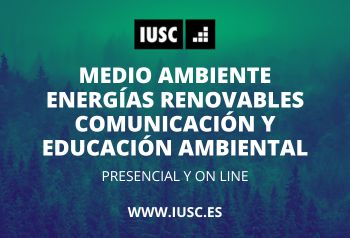Like the 2003 SARS coronavirus outbreak, the COVID-19 pandemic apparently traces back to a virus from bats. If anyone has touched or eaten one of these infected animals, or otherwise been exposed to its bodily fluids, or has had any contact with another species previously infected by a bat.
The truth is, we’ll probably never know. Because even a virus released in a laboratory accident can reach us through bats. The point is that we don’t need to know all the details in order to act.
It is known that the bats They are reservoirs of potential zoonosis. They carry a wide range of viruses that can infect other species, including humans. They are a source of Hendrar paramyxoviruses, abia, Marburg filoviruses and Nipah. In addition to various coronaviruses such as the Middle East Respiratory Syndrome coronavirus (MERS). And people are firmly convinced of that bats fruit is a source of the Ebola virus.
Global agreement based on common sense
Experts point to the value of a global agreement where humanity agrees to leave the world bats. All this without fearing them or trying to drive them away or sacrifice them. Because these activities only serve to spread them and increase the risk of zoonotic contamination. The idea is to leave them alone so they have the habitat they need and can live in peace.
Based on the famous saying: ‘prevention is better than cure’, the authors of a study emphasize that humanity simply needs to take the most basic and common sense steps to reduce the risk of a new pandemic. That is, avoiding the interface from which dangerous viruses can pass from animals to humans. That is, let’s get the bats and there will be fewer pandemics.


“In a globalized world of 8 billion people, we can no longer ignore our connection with wildlife and animals. ecosystems around us. We must change humanity’s relationship with nature if we want to prevent the next zoonotic pandemic. And that can start with leaving the bats.” This is from Dr. Susan Lieberman, vice president of international policy at WCS.
Restore a good relationship with nature
The relationship that humanity has nature, specifically with wild animals and, in this case, with bats It is especially disastrous. The cost of making the human behavior changes we need to stop bothering them is negligible compared to a new global pandemic (which could be even more devastating).
“If humanity were to work together on a global scale, this would be ideal for solving most of the existential challenges we face. Of the global warming and environmental pollution to the loss of biodiversity and the collapse of ecosystems.
“It sounds strange to ask this, at a time when serious cooperation, even on a local scale, often seems elusive.” So says Cornell, Steven A. Osofsky Professor of Wildlife Health and Health Policy, lead author of the study.
And he adds: “if we can stop hunting, eating and bartering bats. If we don’t chase them out of their caves. If we keep livestock away from areas where they are concentrated. And can we stop? deforestation, degrade (or even begin to restore) their natural habitats, we can undoubtedly reduce the risk of another pandemic.”
Let’s leave the bats alone and there will be fewer pandemics
The authors emphasize allowing this bats surviving and thriving will also yield billions of euros in dividends. And this will be due to the ecosystem services that these winged mammals provide. Such as the control of mosquitoes and other harmful insects, as well as the pollination of a wide range of important crops.
Experts conclude that humanity’s relationships with other types of animals deserve close scrutiny. But respect the bats and the habitats they need is actually the first step towards true pandemic prevention. And after the COVID-19 pandemic, it is certain that no one wants to repeat a similar situation.

